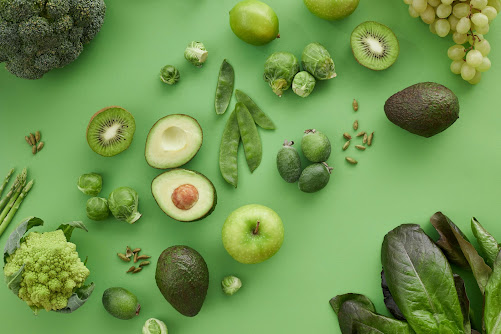- Get link
- X
- Other Apps
- Get link
- X
- Other Apps
Green smoothies and strict vegans may come to mind when you hear the term "plant-based," but the plant-powered movement is much more inclusive and adaptable. To get the benefits of eating more plants, you do not have to give up animal products completely. Without completely changing your way of life, you can actually improve your health, vitality, and general well-being by including more plant-based meals in your diet.
Let’s break down the why, the how, and the delicious of going plant-based, even if you're not a full-time vegan.
The Benefits of a Plant-Based Diet
Whether you’re a weekend veggie or a full-on flexitarian, increasing plant-based foods in your diet offers serious rewards:
✅ 1. Improved Heart Health
Whole plant foods are inherently low in saturated fat and cholesterol. Heart disease risk can be decreased and blood pressure lowered with diets high in fruits, vegetables, legumes, and whole grains.
✅ 2. Better Digestion
Plant foods are a great source of fiber, which is vital for intestinal health. It nourishes the "healthy" bacteria in your gut and encourages regular bowel motions.
✅ 3. Weight Management
Many plant-based meals are nutrient-dense but lower in calories, making it easier to manage your weight without extreme restriction.
✅ 4. Reduced Inflammation
Antioxidants and phytonutrients included in plant foods aid in lowering inflammation, which has been connected to long-term conditions like diabetes, cancer, and arthritis.
✅ 5. Eco-Friendly
Eating more plants benefits the environment and your health by lowering greenhouse gas emissions, water use, and deforestation.
💪 How to Get Enough Protein from Plants
One of the most common questions about going plant-based is, “But where will I get my protein?” Fortunately, the answer is simple: from a wide variety of plants!
Top Plant-Based Protein Sources:
-
Lentils – 18g protein per cup (cooked)
-
Chickpeas – 15g per cup
-
Black beans – 15g per cup
-
Quinoa – 8g per cup, and a complete protein
-
Tofu & Tempeh – 10–20g per serving
-
Edamame – 17g per cup
-
Chia seeds – 5g per 2 tbsp
-
Hemp seeds – 10g per 3 tbsp
-
Nuts & Nut Butters – Almonds, peanuts, cashew butter
-
Whole Grains – Brown rice, oats, bulgur
- Get link
- X
- Other Apps

Comments
Post a Comment